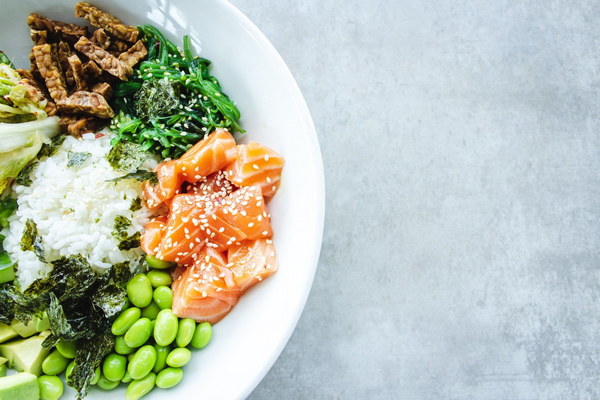Sweating Cold Effective Diet Remedies to Alleviate the Symptoms
Introduction:
Experiencing cold sweat can be an unsettling and discomforting sensation, often accompanied by anxiety and stress. While there can be numerous underlying causes for excessive sweating, diet plays a significant role in managing and alleviating the symptoms. In this article, we will explore some effective diet remedies that can help you combat cold sweat and improve your overall well-being.
1. Hydration:
One of the primary causes of cold sweat is dehydration. Ensuring that you are well-hydrated throughout the day can significantly reduce the occurrence of excessive sweating. Aim to drink at least 8-10 glasses of water daily, and increase your intake if you are physically active or reside in a hot and humid climate.
2. Balanced Diet:
A well-balanced diet rich in essential nutrients can help regulate your body's temperature and reduce cold sweat. Incorporate a variety of fruits, vegetables, whole grains, lean proteins, and healthy fats into your meals. Here are some specific foods that can aid in alleviating cold sweat:
a. B vitamins: Foods like avocados, bananas, nuts, and seeds contain high levels of B vitamins, which can help regulate your nervous system and reduce anxiety-related sweating.
b. Magnesium: Magnesium-rich foods such as almonds, spinach, and whole grains can help alleviate stress and anxiety, thereby reducing the occurrence of cold sweat.
c. Calcium: Dairy products like milk, cheese, and yogurt are excellent sources of calcium, which can aid in the regulation of the nervous system and reduce cold sweat.
d. Zinc: Foods like red meat, chicken, legumes, and nuts are rich in zinc, which plays a crucial role in the body's stress response and can help reduce cold sweat.
3. Spices:
Certain spices have thermogenic properties that can help regulate your body temperature and reduce cold sweat. Incorporate these spices into your meals:
a. Cinnamon: This spice can help regulate blood sugar levels and reduce the occurrence of cold sweat.
b. Turmeric: Known for its anti-inflammatory properties, turmeric can help reduce stress and alleviate cold sweat.
c. Ginger: Ginger has anti-inflammatory and anti-anxiety properties that can help manage cold sweat.
4. Herbs:
Herbs such as basil, mint, and chamomile have calming effects on the nervous system and can help alleviate cold sweat. Incorporate these herbs into your tea or add them to your meals for a soothing effect.
5. Avoid Trigger Foods:
Certain foods can trigger excessive sweating in some individuals. Common trigger foods include caffeine, spicy foods, alcohol, and processed foods. Try to minimize your intake of these foods and observe if there is a reduction in your cold sweat symptoms.

Conclusion:
Cold sweat can be a distressing symptom, but by incorporating the right diet remedies into your daily routine, you can effectively manage and alleviate its occurrence. Stay hydrated, eat a balanced diet rich in essential nutrients, incorporate spices and herbs with calming properties, and avoid trigger foods to improve your overall well-being and reduce the discomfort of cold sweat. Remember, if cold sweat persists or is accompanied by other symptoms, it is essential to consult a healthcare professional for a proper diagnosis and treatment.









